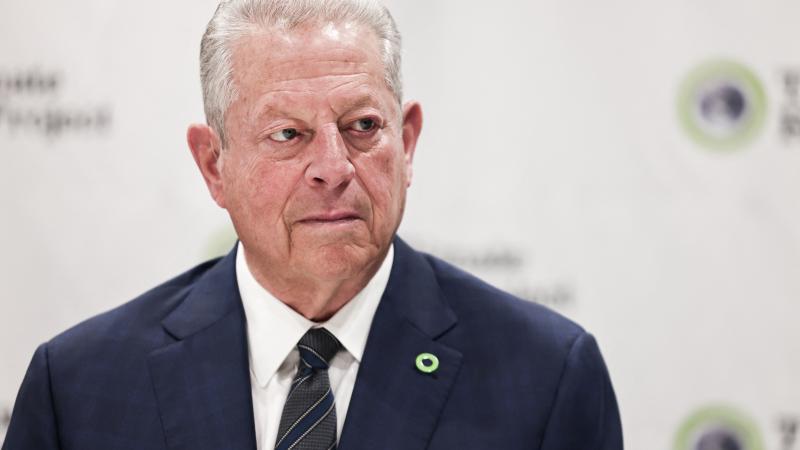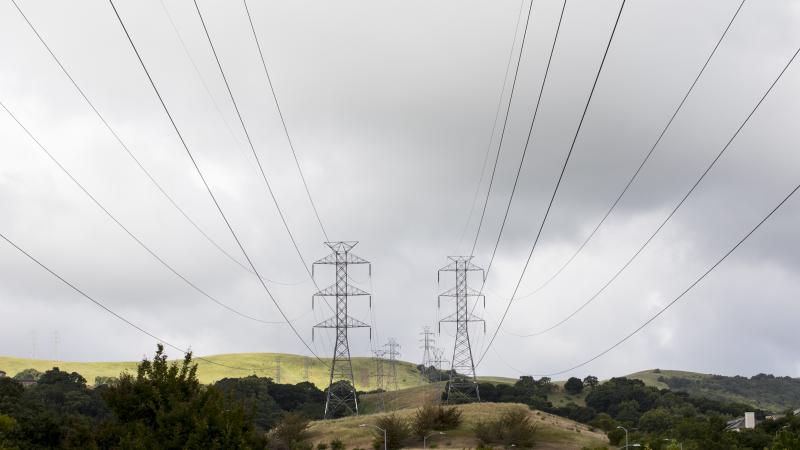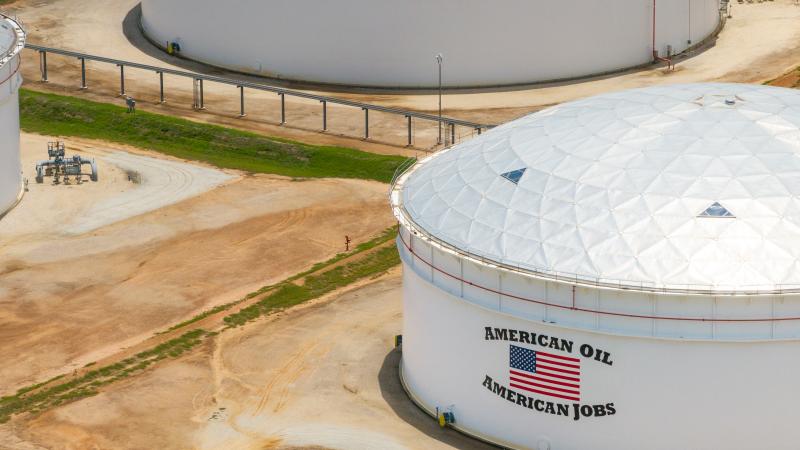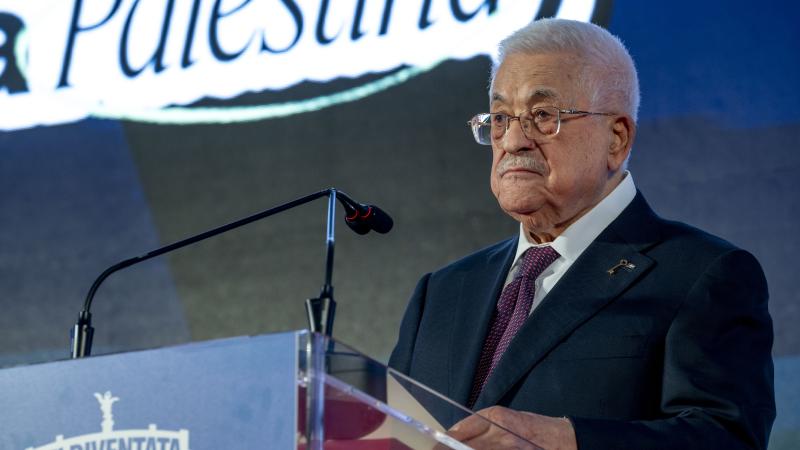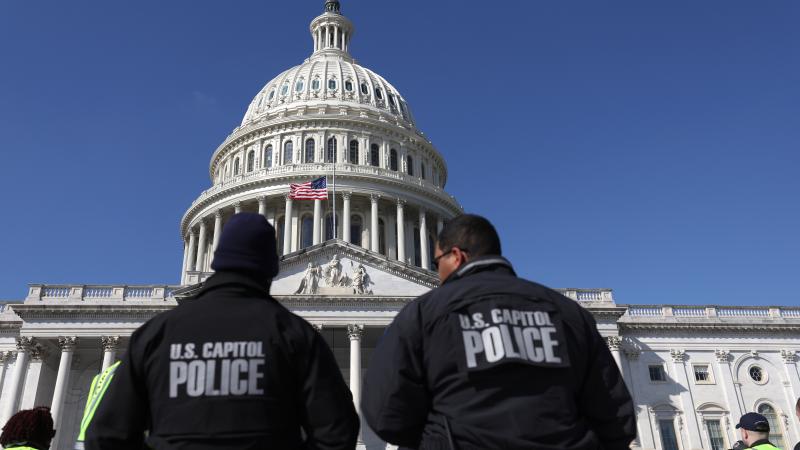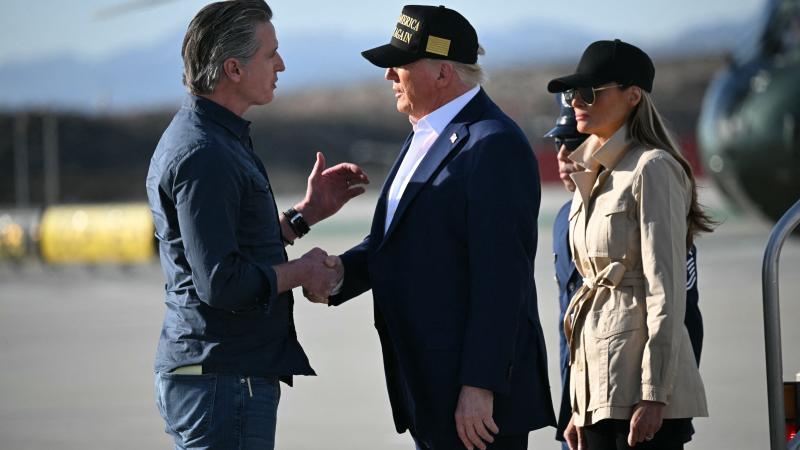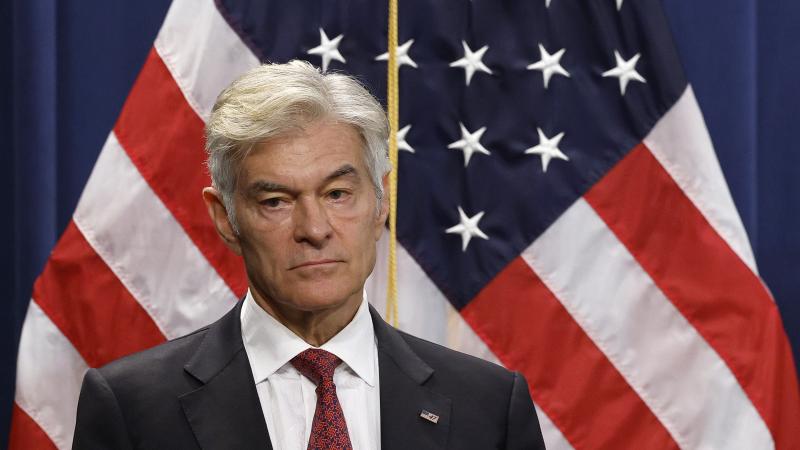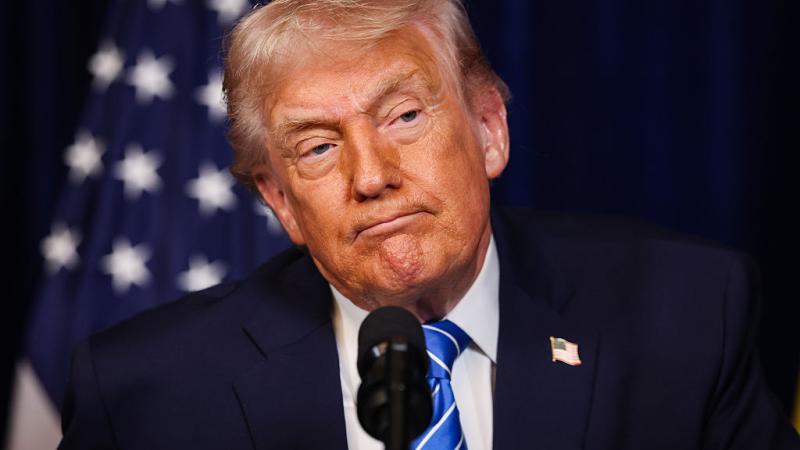EPA chief says 'the sky is the limit' with Trump’s diplomatic deals on strategic minerals
Trump spent the last week making a strategic push to diversify and secure global supply chains for rare earths and essential strategic resources away from China's near-monopoly, reducing America’s reliance on Chinese resources for defense and electronics.
Following the signing of five critical mineral deals over the course of President Donald Trump's first nine months in office with Australia, Japan, Malaysia, Thailand and Cambodia, Environmental Protection Agency (EPA) Administrator Lee Zeldin says that the need to push for further deals will not cease and that "the sky is the limit."
"We can't just double what we've done so far and at some point in the future be satisfied with it. We always need to be pushing even further. And we have so much of these rare earth minerals in our own ground, we need to not only be tapping into the supply, but also boosting the entire supply and supply chain process," he told Just The News.
China and the ethical question of dealing with the CCP
In a broad interview Tuesday with Just The News, Zeldin discussed the importance of the United State's access to these minerals. "It's important for our national security, for our economy. It's also better for our environment too, because we tap into the supplies so much better and safer than so many other countries around the world. So this is a big deal."
Zeldin referenced the ethical issues surrounding the mining of resources in countries like China, which has long been known to utilize child and forced labor and abhorrent working conditions. In Xinjiang, over one million Uyghurs and other Turkic Muslims have been detained in internment camps and coerced into labor-intensive jobs in sectors like cotton harvesting, aluminum production, and manufacturing, often under threat of detention or family separation.
In a Southeast Asia critical minerals blitz, Trump secured deals all over the region. During Trump's state visit to Japan on Tuesday, Trump and Japanese Prime Minister Sanae Takaichi formalized a strategic partnership in Tokyo focused on bolstering the extraction and refinement of vital minerals and rare earth elements to reduce reliance on China’s dominant supply networks. Under the agreement, both nations will synchronize funding efforts, expedite regulatory approvals, and create a joint emergency task force to counter disruptions, with Japan committing as much as $400 billion toward American initiatives in minerals, energy infrastructure, and artificial intelligence.
Asian alliances used for diplomatic assistance, leverage
Prior to Trump's Japan trip on Monday, Trump and Malaysian Prime Minister Anwar Ibrahim signed a Memorandum of Understanding in Kuala Lumpur during the ASEAN (Association of Southeast Asian Nations) Summit, committing to collaborate on exploration, extraction, processing, and recycling of critical minerals like rare earths to diversify supply chains away from China's dominance.
The pact also includes Malaysia's pledge not to impose export bans or quotas on these minerals to the U.S., fostering joint investments and partnerships between American and Malaysian firms to bolster global supply resilience amid Beijing's tightening controls.
Cambodia was one of the partners in Sunday's critical minerals deal, where Trump signed a reciprocal trade agreement with Cambodian Prime Minister Hun Manet on the sidelines of the ASEAN Summit. The deal commits Cambodia to reducing tariff and non-tariff barriers, protecting labor rights, and strengthening environmental standards in mineral processing and exports, while granting U.S. firms preferential access to Cambodian resources for diversification of global supply chains.
Also on Sunday, Trump met with Thai Prime Minister Anutin Charnvirakul to sign a Memorandum of Understanding, took a whole-of-supply-chain approach to critical mineral cooperation through joint exploration, extraction, processing, refining, and recycling to counter China's dominance. The agreement prioritizes partnerships between U.S. and Thai companies, promotes investments in value-added domestic industries over raw exports, and grants both nations priority access to critical minerals assets, while committing Thailand to enhanced labor rights and environmental standards.
Zeldin: Trump will "just keep pushing no matter what."
Last week, Trump also struck a deal with Australian Prime Minister Anthony Albanese for a landmark Critical Minerals Framework designed to fast-track collaborative investments in rare earth mining and processing to challenge China's stranglehold on worldwide supplies. The pact secures more than $3 billion in upfront government financing from each nation for initiatives potentially unlocking $53 billion in resources, featuring American backing for a cutting-edge gallium refinery in Western Australia and expedited approvals to ramp up output within 12 months.
Highlighting what the future could hold for America's access to these critical supplies, Zeldin said, "I would say that we're making leaps into and through this golden age for America. But I wouldn't say that President Trump would ever be happy just by doubling what he's done so far, he's going to just keep pushing no matter what."
